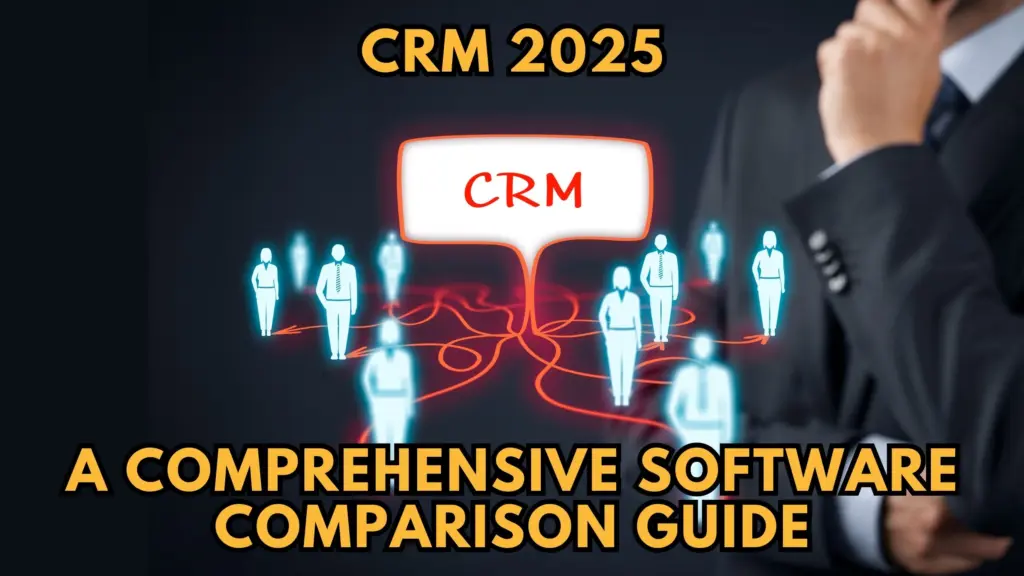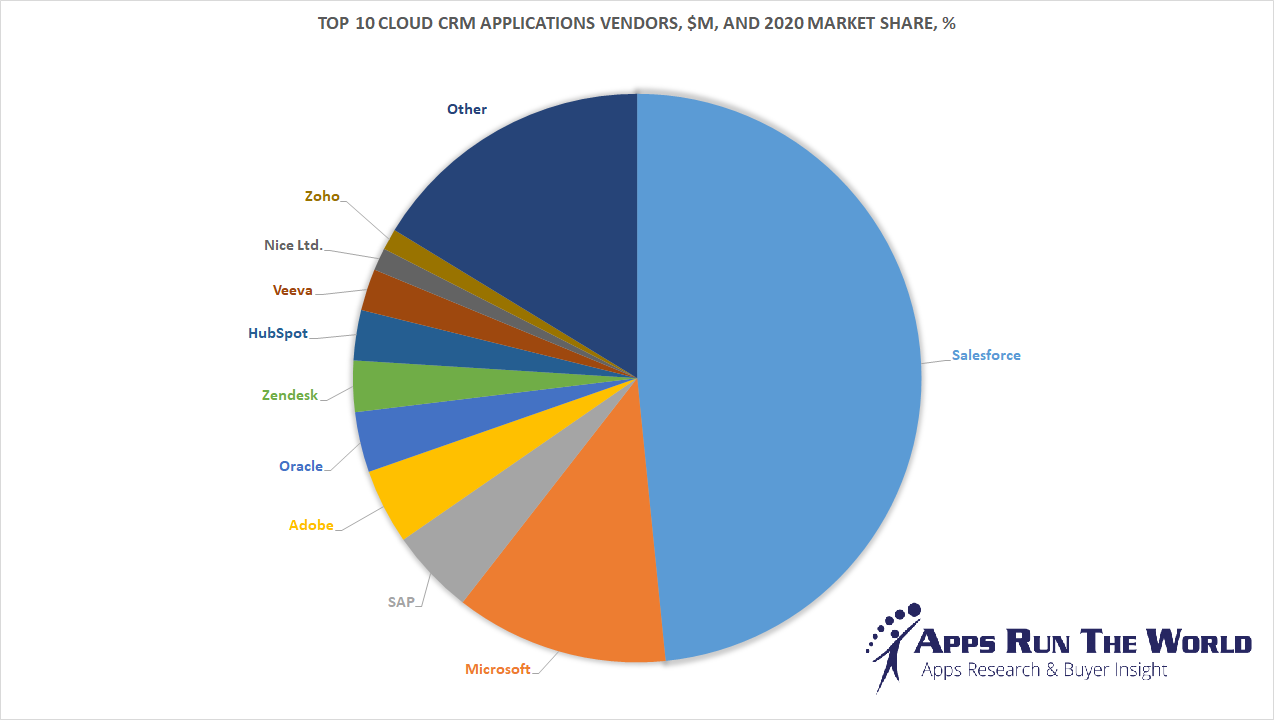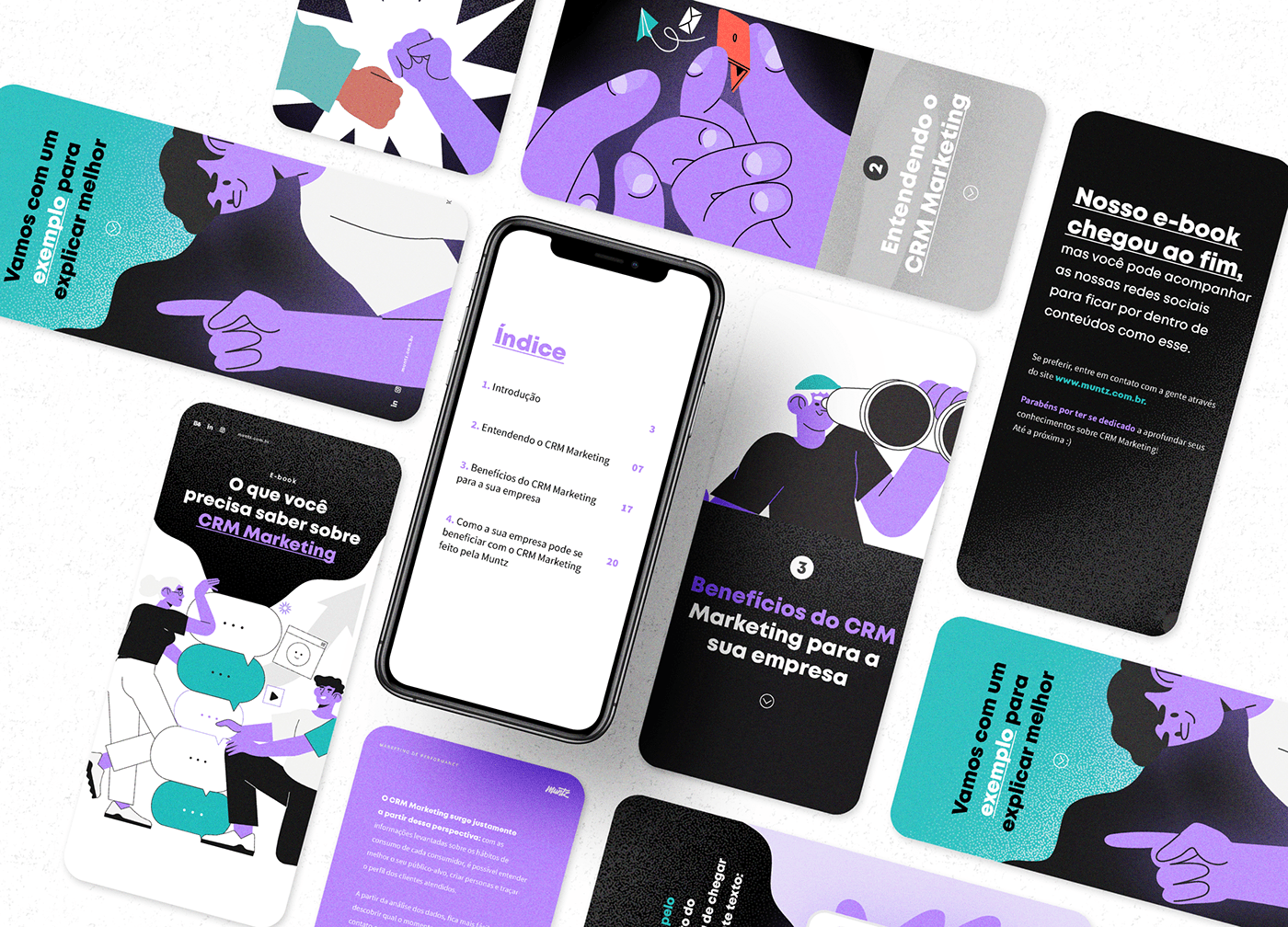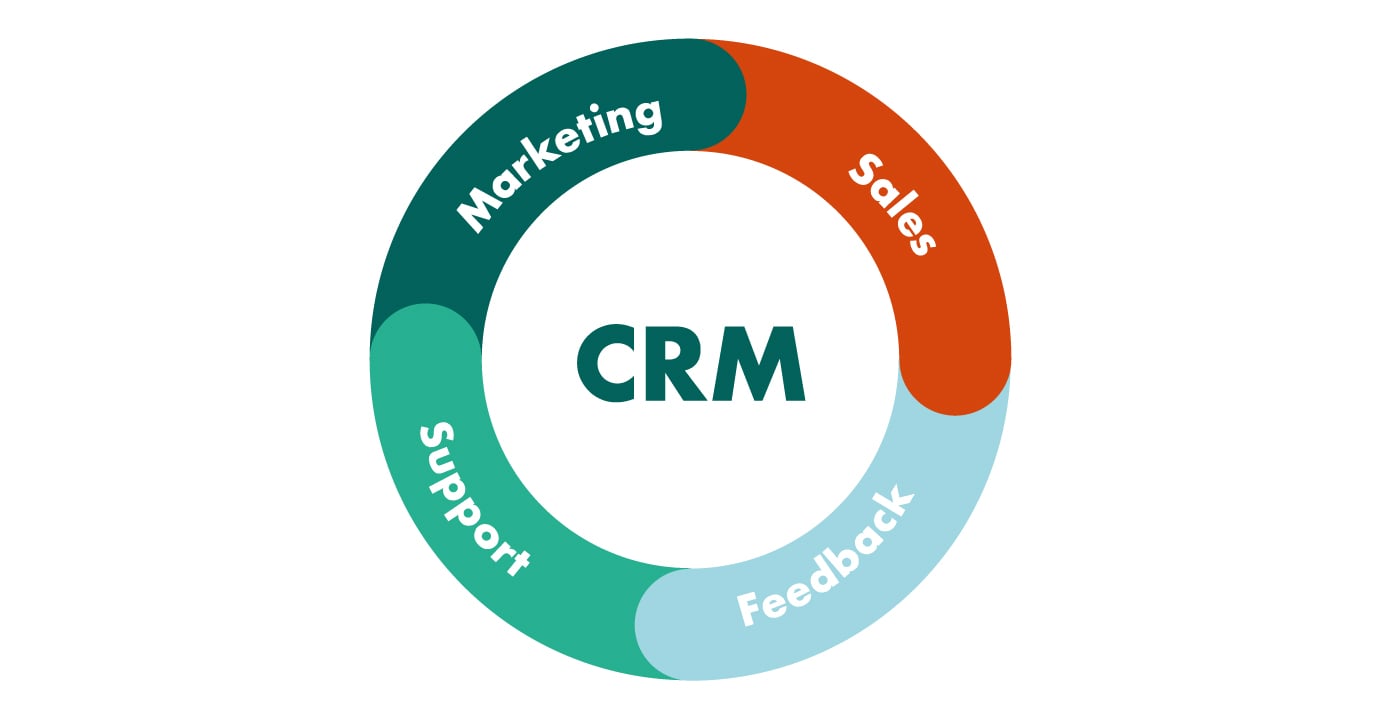CRM Marketing Strategy 2025: Revolutionizing Customer Relationships for Unprecedented Growth

CRM Marketing Strategy 2025: Navigating the Future of Customer Engagement
The landscape of marketing is in a constant state of flux, and the next few years promise a period of unprecedented transformation. At the heart of this evolution lies the Customer Relationship Management (CRM) system. In 2025, a robust CRM marketing strategy isn’t just a ‘nice-to-have’; it’s the very bedrock upon which successful businesses are built. It’s about more than just managing data; it’s about cultivating deep, meaningful connections with your customers, understanding their needs, and exceeding their expectations at every touchpoint. This in-depth guide will explore the critical elements of a winning CRM marketing strategy for 2025, arming you with the knowledge and insights you need to thrive in this dynamic environment.
The Evolution of CRM: From Data Management to Customer-Centricity
Before we delve into the specifics of a 2025 CRM marketing strategy, it’s essential to understand how CRM has evolved. The early days of CRM were primarily focused on data management: storing contact information, tracking sales leads, and automating basic tasks. While these functions remain important, the modern CRM is much more sophisticated. It’s a powerful tool for:
- Customer Segmentation: Dividing your audience into distinct groups based on demographics, behaviors, and preferences.
- Personalization: Delivering tailored experiences and communications that resonate with individual customers.
- Predictive Analytics: Using data to anticipate customer needs and behaviors, allowing you to proactively offer relevant products and services.
- Omnichannel Integration: Providing a seamless customer experience across all touchpoints, from your website and social media to email and in-person interactions.
The shift is clear: CRM is no longer just about managing the customer journey; it’s about orchestrating it to create value for both the customer and the business. As we move towards 2025, we’ll see an even greater emphasis on:
- AI-powered Automation: Automating repetitive tasks, freeing up human agents to focus on more complex and strategic activities.
- Enhanced Customer Experience: Prioritizing the customer journey and optimizing every interaction to create a positive and memorable experience.
- Proactive Engagement: Anticipating customer needs and reaching out with relevant offers and information before they even realize they need them.
Key Components of a Winning CRM Marketing Strategy for 2025
A successful CRM marketing strategy for 2025 requires a holistic approach, integrating various components to create a cohesive and effective system. Here are the essential elements you need to consider:
1. Data Collection and Management: The Foundation of Your Strategy
Data is the lifeblood of any CRM strategy. Without accurate, reliable, and up-to-date data, your efforts will be futile. In 2025, you’ll need to go beyond the basics of collecting customer names and email addresses. You’ll need to:
- Gather comprehensive customer profiles: This includes demographic information, purchase history, website activity, social media interactions, and customer service interactions.
- Implement data governance policies: Ensure data accuracy, security, and compliance with privacy regulations (e.g., GDPR, CCPA).
- Integrate data from multiple sources: Connect your CRM with your website, social media platforms, e-commerce platform, and other relevant systems to create a unified view of the customer.
- Utilize data enrichment tools: Supplement your existing data with third-party data to gain a deeper understanding of your customers.
The more you know about your customers, the better equipped you’ll be to personalize their experiences and deliver relevant offers.
2. Customer Segmentation: Tailoring Your Approach
Not all customers are created equal. Segmentation allows you to divide your audience into distinct groups based on shared characteristics, such as:
- Demographics: Age, gender, location, income, education.
- Behavior: Purchase history, website activity, engagement with marketing campaigns.
- Psychographics: Values, interests, lifestyle.
- Needs: What are their pain points and aspirations?
By segmenting your audience, you can tailor your marketing messages and offers to resonate with specific groups. This leads to higher engagement rates, improved conversion rates, and increased customer loyalty. In 2025, dynamic segmentation will become increasingly important, allowing you to automatically adjust segments based on real-time customer behavior.
3. Personalization: Delivering Relevant Experiences
Personalization is no longer a luxury; it’s an expectation. Customers want to feel seen and understood by the brands they interact with. Your CRM system should enable you to:
- Personalize email marketing: Send targeted emails with relevant content, product recommendations, and offers based on customer data.
- Personalize website experiences: Display customized content and product recommendations based on a customer’s browsing history and preferences.
- Personalize social media interactions: Tailor your social media posts and ads to specific audience segments.
- Personalize customer service interactions: Provide agents with access to customer data so they can deliver personalized support.
The goal is to create a one-to-one experience that makes each customer feel valued and appreciated. AI-powered personalization tools will play a crucial role in this area in 2025, enabling you to automate personalization at scale.
4. Automation: Streamlining Your Marketing Efforts
Automation is key to scaling your CRM marketing efforts and freeing up your team to focus on more strategic initiatives. Your CRM system should allow you to:
- Automate email marketing campaigns: Set up automated email sequences based on customer behavior, such as welcome emails, abandoned cart emails, and post-purchase follow-up emails.
- Automate lead nurturing: Nurture leads through the sales funnel with targeted content and offers.
- Automate customer service tasks: Use chatbots and automated responses to handle common customer inquiries.
- Automate data entry: Integrate your CRM with other systems to automatically capture and update customer data.
Automation not only saves time and resources but also ensures consistency and accuracy in your marketing efforts. In 2025, we’ll see even more sophisticated automation capabilities, including AI-powered chatbots and predictive automation.
5. Omnichannel Integration: Creating a Seamless Customer Experience
Customers interact with businesses across multiple channels, including your website, social media, email, phone, and in-person. A successful CRM marketing strategy must provide a seamless experience across all these channels. This means:
- Integrating your CRM with all your marketing channels: This allows you to track customer interactions across all touchpoints and deliver consistent messaging.
- Providing a unified view of the customer: Your agents should have access to a complete view of each customer’s interactions, regardless of the channel they used.
- Personalizing the customer experience across all channels: Tailor your messaging and offers to each channel based on the customer’s preferences and behavior.
The goal is to create a consistent and engaging experience that delights customers, regardless of how they choose to interact with your brand. This is particularly important as customers increasingly expect to be able to switch seamlessly between channels.
6. Predictive Analytics: Anticipating Customer Needs
Predictive analytics uses data to forecast future customer behavior. Your CRM system should be able to:
- Identify at-risk customers: Predict which customers are likely to churn and proactively reach out to retain them.
- Recommend products and services: Suggest relevant products and services based on a customer’s past purchases, browsing history, and other data.
- Optimize marketing campaigns: Predict which campaigns are most likely to be successful and allocate your resources accordingly.
- Personalize pricing and offers: Tailor prices and offers based on a customer’s willingness to pay.
By anticipating customer needs, you can proactively offer relevant products and services, improve customer satisfaction, and increase sales. AI-powered predictive analytics will become even more sophisticated in 2025, allowing you to make more accurate predictions and gain a competitive edge.
7. Customer Journey Mapping: Understanding the Customer Experience
Customer journey mapping is the process of visualizing the steps a customer takes when interacting with your brand. This helps you understand the customer experience and identify areas for improvement. Your CRM marketing strategy should include:
- Mapping the customer journey: Identify all the touchpoints a customer has with your brand.
- Analyzing the customer experience at each touchpoint: Identify pain points, areas of friction, and opportunities to delight customers.
- Optimizing the customer journey: Make changes to improve the customer experience and increase conversions.
- Tracking the customer journey: Monitor customer behavior to identify trends and measure the effectiveness of your changes.
By understanding the customer journey, you can create a more seamless and enjoyable experience, leading to increased customer loyalty and advocacy. This is an ongoing process, requiring continuous monitoring and improvement.
8. Measuring and Analyzing Results: Continuous Improvement
Data is only useful if you use it to measure and analyze your results. Your CRM marketing strategy should include:
- Tracking key performance indicators (KPIs): Monitor metrics such as customer acquisition cost (CAC), customer lifetime value (CLTV), conversion rates, and customer satisfaction.
- Analyzing your data: Identify trends, patterns, and insights that can inform your marketing decisions.
- Making data-driven decisions: Use your data to optimize your campaigns, improve your customer experience, and increase your ROI.
- Regularly reviewing and refining your strategy: The marketing landscape is constantly changing, so you need to be prepared to adapt your strategy as needed.
By continuously measuring and analyzing your results, you can ensure that your CRM marketing strategy is effective and delivering the desired outcomes. This is an iterative process that requires ongoing monitoring and improvement.
The Role of Artificial Intelligence (AI) in CRM Marketing 2025
Artificial intelligence (AI) is poised to revolutionize CRM marketing in 2025. AI-powered tools can automate tasks, personalize experiences, and provide valuable insights that were previously unavailable. Here are some key ways AI will impact CRM marketing:
- AI-powered chatbots: Provide instant customer support, answer common questions, and guide customers through the sales process.
- Predictive analytics: Forecast customer behavior, identify at-risk customers, and recommend products and services.
- Personalization engines: Deliver hyper-personalized experiences across all channels.
- Automated marketing campaigns: Automatically trigger email campaigns, social media posts, and other marketing activities based on customer behavior.
- Data analysis: Identify trends, patterns, and insights that can inform your marketing decisions.
Businesses that embrace AI in their CRM marketing strategy will be well-positioned to gain a competitive advantage in 2025. AI will enable them to provide more personalized experiences, automate more tasks, and make more data-driven decisions.
Choosing the Right CRM System for 2025
Selecting the right CRM system is crucial for the success of your CRM marketing strategy. Consider these factors when making your decision:
- Features and functionality: Does the system offer the features you need, such as data management, segmentation, personalization, automation, and analytics?
- Scalability: Can the system handle your current needs and grow with your business?
- Integration: Does the system integrate with your other business systems, such as your website, e-commerce platform, and social media platforms?
- User-friendliness: Is the system easy to use and navigate?
- Pricing: Is the system affordable and within your budget?
- Customer support: Does the vendor offer good customer support?
- AI capabilities: Does the system incorporate AI-powered features?
Take the time to research different CRM systems and compare their features and pricing. Read reviews from other users and request demos to see the systems in action. The right CRM system will be a powerful tool that enables you to build stronger customer relationships and achieve your business goals.
Implementing Your CRM Marketing Strategy: A Step-by-Step Guide
Once you’ve chosen your CRM system, it’s time to implement your CRM marketing strategy. Here’s a step-by-step guide:
- Define your goals: What do you want to achieve with your CRM marketing strategy? (e.g., increase sales, improve customer satisfaction, reduce churn).
- Gather your data: Collect data from all relevant sources and import it into your CRM system.
- Segment your audience: Divide your audience into distinct groups based on shared characteristics.
- Create personalized experiences: Tailor your marketing messages and offers to specific audience segments.
- Automate your marketing efforts: Use automation tools to streamline your marketing processes.
- Integrate your channels: Connect your CRM with all your marketing channels to create a seamless customer experience.
- Track your results: Monitor your KPIs and analyze your data to measure the effectiveness of your strategy.
- Make data-driven decisions: Use your data to optimize your campaigns and improve your customer experience.
- Continuously improve: Regularly review and refine your strategy to ensure it remains effective.
Implementing a CRM marketing strategy takes time and effort, but the rewards are well worth it. By following these steps, you can build a powerful CRM system that helps you build stronger customer relationships and achieve your business goals.
Challenges and Opportunities in CRM Marketing 2025
The future of CRM marketing presents both challenges and opportunities. Some of the key challenges include:
- Data privacy concerns: Customers are increasingly concerned about data privacy, so you need to be transparent about how you collect and use their data.
- Data security threats: Cybersecurity threats are on the rise, so you need to protect your customer data from unauthorized access.
- Keeping up with the latest technologies: The marketing landscape is constantly evolving, so you need to stay up-to-date on the latest technologies and trends.
- Integrating AI and other emerging technologies: Successfully integrating AI and other emerging technologies into your CRM strategy can be complex.
However, there are also many exciting opportunities:
- Increased personalization: AI and other technologies are enabling businesses to deliver even more personalized experiences.
- Improved customer engagement: By understanding your customers’ needs and preferences, you can create more engaging experiences.
- Greater efficiency: Automation and other technologies can help you streamline your marketing processes and save time and resources.
- Enhanced customer loyalty: By building stronger customer relationships, you can increase customer loyalty and advocacy.
By addressing the challenges and embracing the opportunities, you can create a successful CRM marketing strategy that drives growth and success in 2025 and beyond.
Conclusion: Embracing the Future of Customer Relationships
The CRM marketing landscape is undergoing a profound transformation. As we move towards 2025, businesses that prioritize customer-centricity, embrace AI and automation, and leverage data effectively will be best positioned to thrive. By implementing a robust CRM marketing strategy, you can cultivate deeper customer relationships, drive growth, and achieve lasting success.
The future of marketing is all about understanding your customers, anticipating their needs, and delivering personalized experiences that exceed their expectations. By investing in your CRM system and strategy, you’re investing in the future of your business. Now is the time to prepare and embrace the exciting possibilities that lie ahead.



